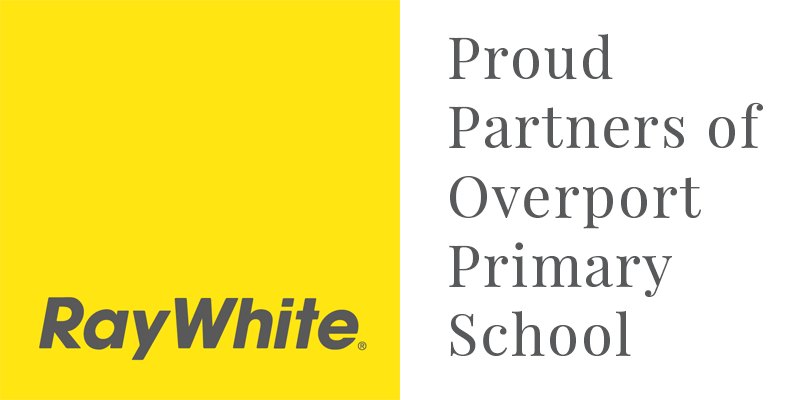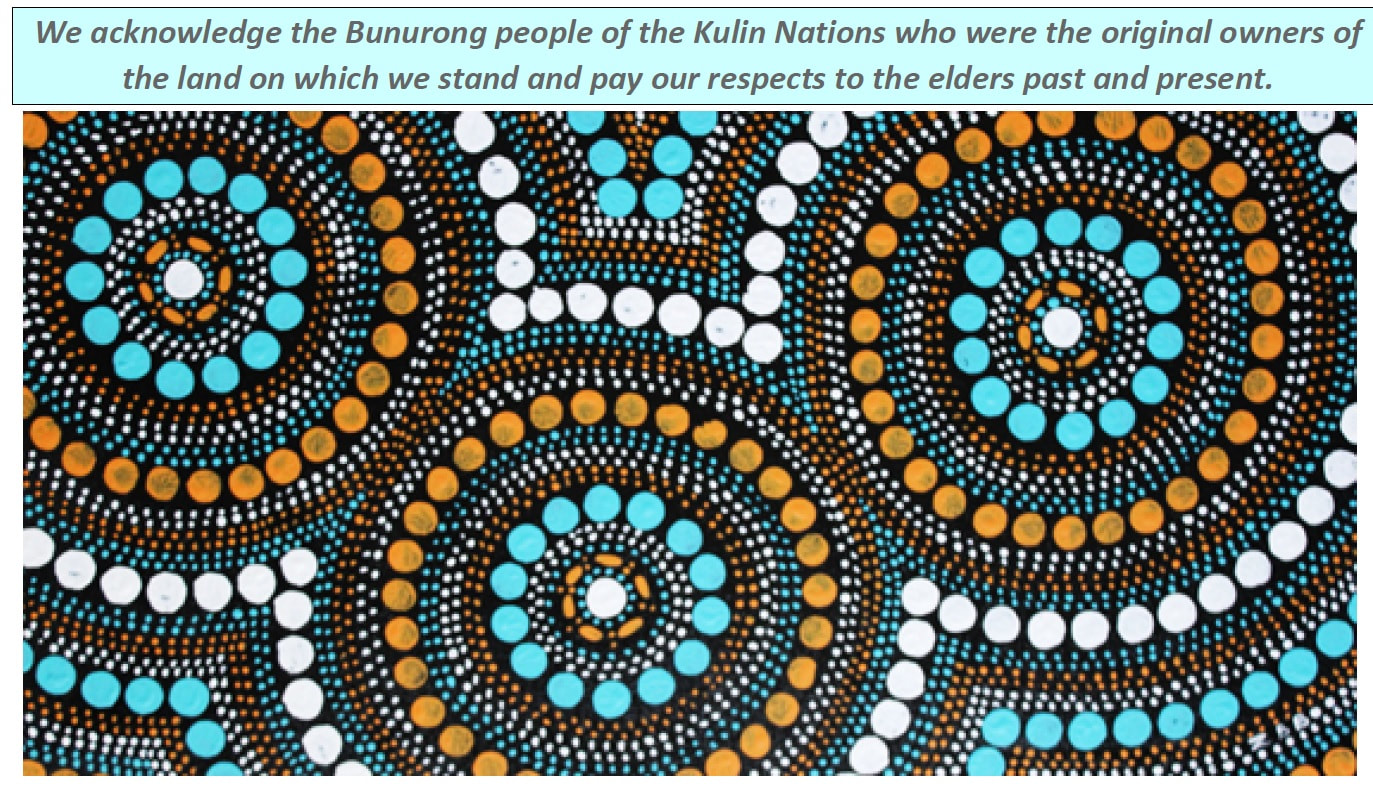READING and VIEWING
Overport’s passionate teachers and evidence-based programs provide the platform for students to not only enjoy reading but enthusiastically engage in the thinking, analysis and learning that good texts offer. We strive to develop curious readers and critical thinkers that are constantly challenging their own perspectives and redefining their own beliefs.
Our teachers use ‘Strategies That Work’ 3rd Edition (S Harvey, A Goudvis 2017) to frame our explicit teaching of reading strategies. Once students become aware of themselves as readers, they are more effective when setting goals and strategies for improvement. Teachers provide explanation, modelling and ‘think alouds’ to demonstrate and unpack reading skills. Particularly in the early years, teaching and learning explores decoding or word attack skills that provide early readers with ways to sound out or unpack unfamiliar words.
Alongside whole group instruction, students work with teachers and support staff in small groups and in regular 1 on 1 conferences. Students from prep, begin developing stamina in ‘Sustained Independent Reading’. These reading times allow students to apply the skills and strategies they are learning and to monitor and practise their personalised goals.
WRITING
At Overport our focus is more on the writer rather than the writing. The wonderful minds we teach have enlightening and insightful things to say and we pride ourselves on bringing these thoughts and ideas to paper, screens and verbally in ways that elicit pride and a love of writing. Our dedicated teachers do more than instruct students on the writing process, they make clear the connection between real life contexts, for students to appreciate the power and value of the texts they write.
The explicit teaching of writing at Overport focuses on:
● a range of writing genres, their structure and particular conventions that are unique to each style
● our synthetic, whole school spelling approach following the SoundWaves units
● grammar, punctuation and other writing conventions that are sequenced across the year in all levels
● transitioning to the South Australian Modern Cursive font; a stronger emphasis on handwriting can beseen in our junior classes via the Hartley Knows program.
Writing at Overport has a strong emphasis on student choice and agency. As students become more independent writers, their writing time increasingly includes ‘Independent Sustained Writing’. During these times students have autonomy on what they write and how they approach it. With the aid of their Writer’s Notebook, teachers support students through the writing stages of rehearsal, drafting, revising, editing and publishing. Goal setting is personalised and student driven via small group discussions and regular 1 on 1 conferences.
To foster a holistic understanding of writing, students learn the 6+1 Traits of Writing (R Culham, 2005). The traits include; Ideas, Sentence Fluency, Organisation, Word Choice, Voice, Conventions and Presentation.
SPEAKING and LISTENING
Overport has a strong appreciation for the benefits of speaking and listening in their current context and beyond the primary school years. Teachers help students value speaking and listening by connecting this learning to their future lives as students, professionals, friends, family members and as members of the community.
Speaking and listening requires students to:
● dedicate attention and focus to form positions on ideas
● develop and support opinions
● tune into others to think of ways to challenge or argue ideas
● use tone and emphasis to enhance their meaning
● make decisions on how in/formal their idea should be shared
● retain relevant details and facts to bolster or enhance their meaning
● understand that communication is varied and diverse
● present ideas to peers in partnerships, small and large groups.
All teachers at Overport use dialogic practices (talk based approaches) when explicitly teaching. This is bolstered by a learning partner approach where students share their thinking with a range of classmates.
Students are taught to value diversity in thinking and to challenge ideas in ways that demonstrate respect and appreciation. Teachers use a range of strategies to help students clarify thinking, organise ideas, and determine importance in what they read, view, hear and say.
Overport’s passionate teachers and evidence-based programs provide the platform for students to not only enjoy reading but enthusiastically engage in the thinking, analysis and learning that good texts offer. We strive to develop curious readers and critical thinkers that are constantly challenging their own perspectives and redefining their own beliefs.
Our teachers use ‘Strategies That Work’ 3rd Edition (S Harvey, A Goudvis 2017) to frame our explicit teaching of reading strategies. Once students become aware of themselves as readers, they are more effective when setting goals and strategies for improvement. Teachers provide explanation, modelling and ‘think alouds’ to demonstrate and unpack reading skills. Particularly in the early years, teaching and learning explores decoding or word attack skills that provide early readers with ways to sound out or unpack unfamiliar words.
Alongside whole group instruction, students work with teachers and support staff in small groups and in regular 1 on 1 conferences. Students from prep, begin developing stamina in ‘Sustained Independent Reading’. These reading times allow students to apply the skills and strategies they are learning and to monitor and practise their personalised goals.
WRITING
At Overport our focus is more on the writer rather than the writing. The wonderful minds we teach have enlightening and insightful things to say and we pride ourselves on bringing these thoughts and ideas to paper, screens and verbally in ways that elicit pride and a love of writing. Our dedicated teachers do more than instruct students on the writing process, they make clear the connection between real life contexts, for students to appreciate the power and value of the texts they write.
The explicit teaching of writing at Overport focuses on:
● a range of writing genres, their structure and particular conventions that are unique to each style
● our synthetic, whole school spelling approach following the SoundWaves units
● grammar, punctuation and other writing conventions that are sequenced across the year in all levels
● transitioning to the South Australian Modern Cursive font; a stronger emphasis on handwriting can beseen in our junior classes via the Hartley Knows program.
Writing at Overport has a strong emphasis on student choice and agency. As students become more independent writers, their writing time increasingly includes ‘Independent Sustained Writing’. During these times students have autonomy on what they write and how they approach it. With the aid of their Writer’s Notebook, teachers support students through the writing stages of rehearsal, drafting, revising, editing and publishing. Goal setting is personalised and student driven via small group discussions and regular 1 on 1 conferences.
To foster a holistic understanding of writing, students learn the 6+1 Traits of Writing (R Culham, 2005). The traits include; Ideas, Sentence Fluency, Organisation, Word Choice, Voice, Conventions and Presentation.
SPEAKING and LISTENING
Overport has a strong appreciation for the benefits of speaking and listening in their current context and beyond the primary school years. Teachers help students value speaking and listening by connecting this learning to their future lives as students, professionals, friends, family members and as members of the community.
Speaking and listening requires students to:
● dedicate attention and focus to form positions on ideas
● develop and support opinions
● tune into others to think of ways to challenge or argue ideas
● use tone and emphasis to enhance their meaning
● make decisions on how in/formal their idea should be shared
● retain relevant details and facts to bolster or enhance their meaning
● understand that communication is varied and diverse
● present ideas to peers in partnerships, small and large groups.
All teachers at Overport use dialogic practices (talk based approaches) when explicitly teaching. This is bolstered by a learning partner approach where students share their thinking with a range of classmates.
Students are taught to value diversity in thinking and to challenge ideas in ways that demonstrate respect and appreciation. Teachers use a range of strategies to help students clarify thinking, organise ideas, and determine importance in what they read, view, hear and say.



